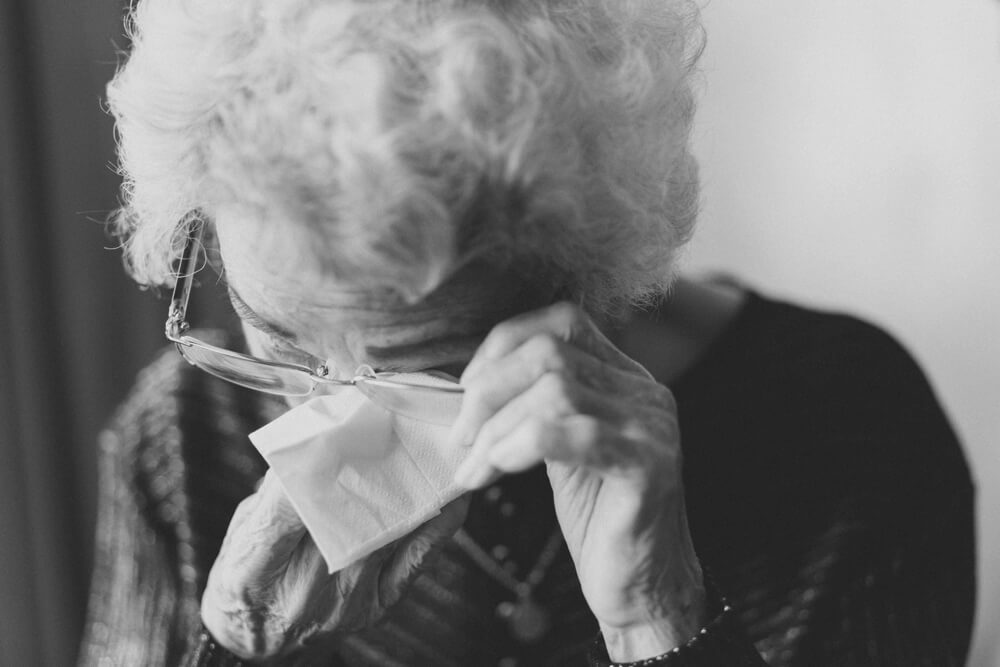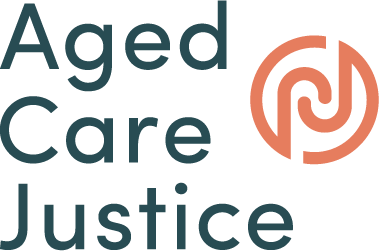Understaffing and Lack of Proper Training in Aged Care Facilities
By Edward Carlisle[1]

A recurring theme emerging from the recent Royal Commission into Aged Care (‘Royal Commission’) is understaffing and lack of proper training with respect to employees in Aged Care facilities throughout Australia.[2] Recently commissioned research shows that when Australian staffing levels were compared to benchmarks set by comparable countries such as the United States, more than half of Australian aged care residents (57.6%) were living in residential aged care facilities with what the Commissioners considered to be unacceptable levels of staffing.[3] Moreover, the hours worked and scope of responsibilities for Australian aged care workers has steadily increased over recent years, while the quality of services provided by an ever-shrinking staff has plummeted.[4]
The traditional veterans of aged care delivery – such as registered nurses and professionally trained medical staff – have been diminished as the workforce shifts to increased casualisation, and decreased skillset thresholds, in a bid by providers to both maintain personnel levels and contain costs.[5] Current shortfalls are likely to worsen as a consequence of the impending retirement, over the next couple of decades, of a generation of workers who have formed the backbone of the traditional workforce and who hold high levels of expertise. These veterans are often replaced, if at all, with less qualified staff in order to save costs on training and/or wages.[6]
While the economic, political and cultural causes of these impacts are often disputed and difficult to discern,[7] the adverse effect on aged care residents is clear. Residents are sometimes waiting for at least fifteen minutes for attention while staff assist three or more other residents at any one time.[8] Staff are required to assist residents in many ways: e.g., using a toilet and shower, changing clothes, retrieving items lost, preventing or assisting falls, dealing with negative behaviours, transferring from bed to chair or chair to bed, using hoists and walkers, eating meals, changing linen, preventing hazards from occurring, and a host of further general care activities.[9] When staff call in sick, they are not always replaced.[10] One anonymous submission from a personal care assistant in aged care stated that so-called resident “Charters of Rights” are not correctly followed due to the lack of ‘legalised staff ratios.’[11] Alarmingly, in some instances, as few as 2-3 personal care assistants are available for 90+ aged care residents.[12]
Further, the Royal Commission received many submissions detailing how such lack of staffing impacts on appropriate care with respect to all-too-frequent resident-on-resident abuse.[13] One person told the Commission about:
[…] assault on my mother by another resident: My mother was hit twice by another resident quite harshly. The facility failed to isolate the issue when it first happened and therefore it happened twice. Both times occurred on Public Holidays when they had limited staff.[14]
Another submission stated:
My father told me that when the man entered his room, he told the man to leave his room. The man then hit my father over his head several times with a plastic doll, resulting in a small cut to my father’s forehead, bruising across the bridge of his nose and defensive bruising on his forearms. There were no staff around at the time the incident occurred.[15]
The Royal Commission also received submissions illustrating the apparent lack of training and competence exhibited by employees in aged care settings.[16] One person illustrated their family’s experience in losing their Dad, who choked on food while in care and did not receive the required medical interventions:[17]
We disagree with the state manager stating that dad received all necessary treatment. The only correct treatment for a choke in which food remained in the throat was a medical assessment and escalation to an airway emergency. The treatment dad received was minimal, conservative and largely based on the assumption that he may have aspirated but was ‘OK’, despite clear warning signs that he was deteriorating. And an untrained support worker was given the responsibility of observing and assessing for signs of deterioration.[18]
Get Help
If you or someone you know needs legal assistance, we encourage you to fill out ALARM’s GetHelp form on our website at www.ALARM.ORG.AU; or contact ALARM on (03) 9016 3248; or email us on info@agedcarejustice.org.au. You may then select, or, if you wish, we will direct you to, one of our Allied Law Firms for an initial meeting and advice, at no cost to you. Thereafter, you can decide whether to proceed with a formal legal complaint. If you do wish to proceed, costs arrangements, if any, will need to be discussed, and agreed, with the firm.
Sources:
[1] Edward Carlisle, Law Student, Monash University, ALARM Inc. Volunteer. The author acknowledges the assistance of Senior ALARM Volunteer Lawyers in the preparation of this article.
[2] See Commonwealth, Royal Commission into Aged Care Quality and Safety, Final Report (March 2021) vol 2, 165 (‘Royal Commission’).
[3] Australian Health Services Research Institute at the University of Wollongong, How Australian residential aged care staffing levels compare with international and national benchmarks, A research study for the Royal Commission into Aged Care Quality and Safety, Research Paper 1, 2019, p 34.
[4] S Hodgkin et al., ‘Workforce Crisis in Residential Aged Care: Insights from Rural, Older Workers’ (2016) 76(1) Australian Journal of Public Administration 93, 93-5.
[5] Ibid., 95-6.
[6] Ibid., 100-1.
[7] Ibid., 93.
[8] Royal Commission, Name withheld, Public submission, AWF.650.00091
[9] Ibid.
[10] Ibid.
[11] Royal Commission, Name withheld, Public submission, AWF.650.00091.
[12] Ibid.
[13] Royal Commission (Final Report, March 2021) vol 2, 96.
[14] Royal Commission, Name withheld, Public submission, AWF.001.00699.02 at 0005.
[15] Royal Commission, Name withheld, Public submission, AWF.001.00464 at 0001.
[16] Royal Commission (Final Report, March 2021) vol 2, 70, 99.
[17] Royal Commission, Name withheld, Public submission, AWF.001.04813 at 0002.
[18] Ibid.
Disclaimer:
The views expressed in this article are the author’s. The contents of this article are for general information only and do not constitute legal advice, are not intended to be a substitute for legal advice, and should not be relied upon as such. Legal advice should be sought prior to any action being taken in relation to any of the information. If you are in need of legal advice and assistance about aged care matters, please seek legal advice directly or via ALARM’s ‘GetHelp’ form on its website www.ALARM.org.au.
